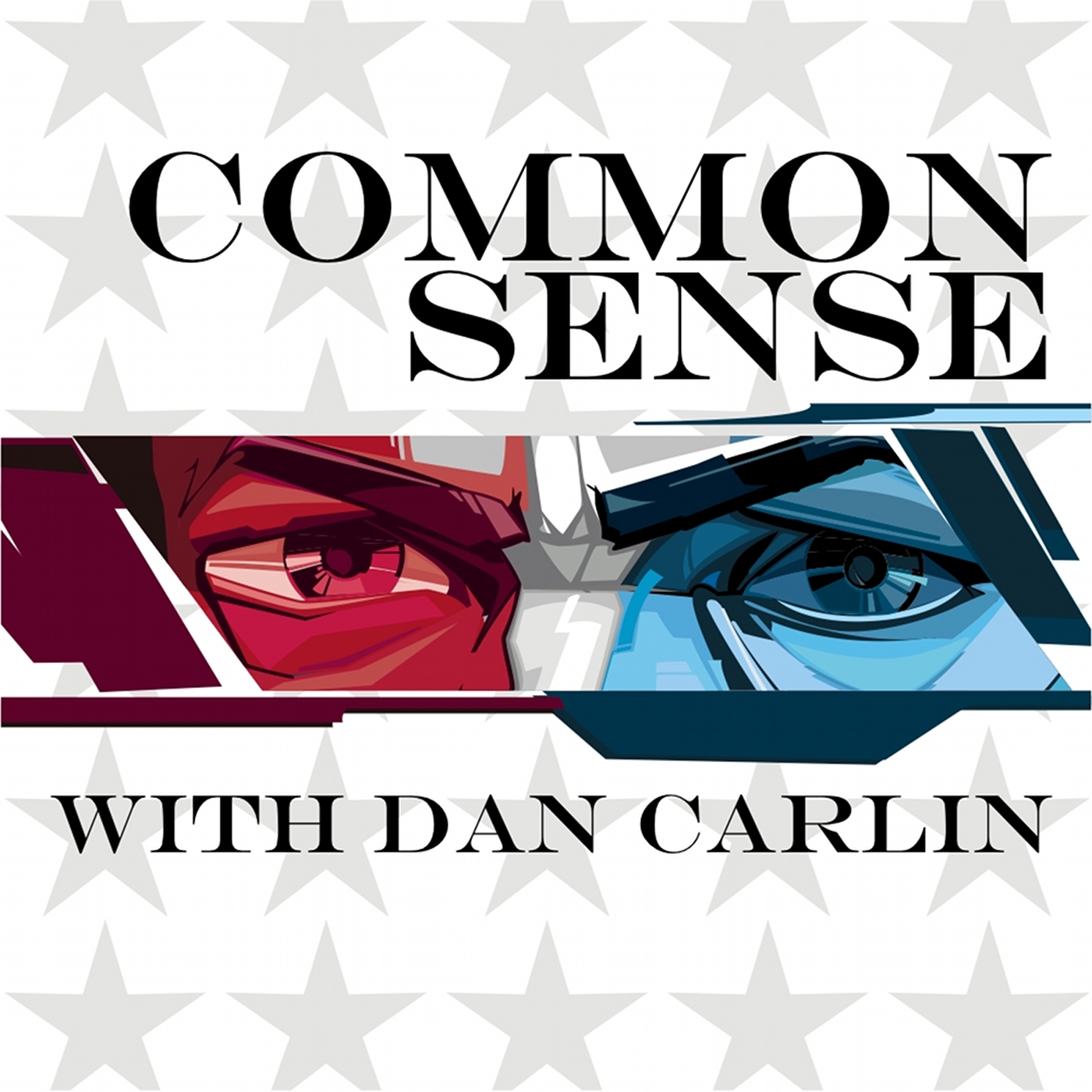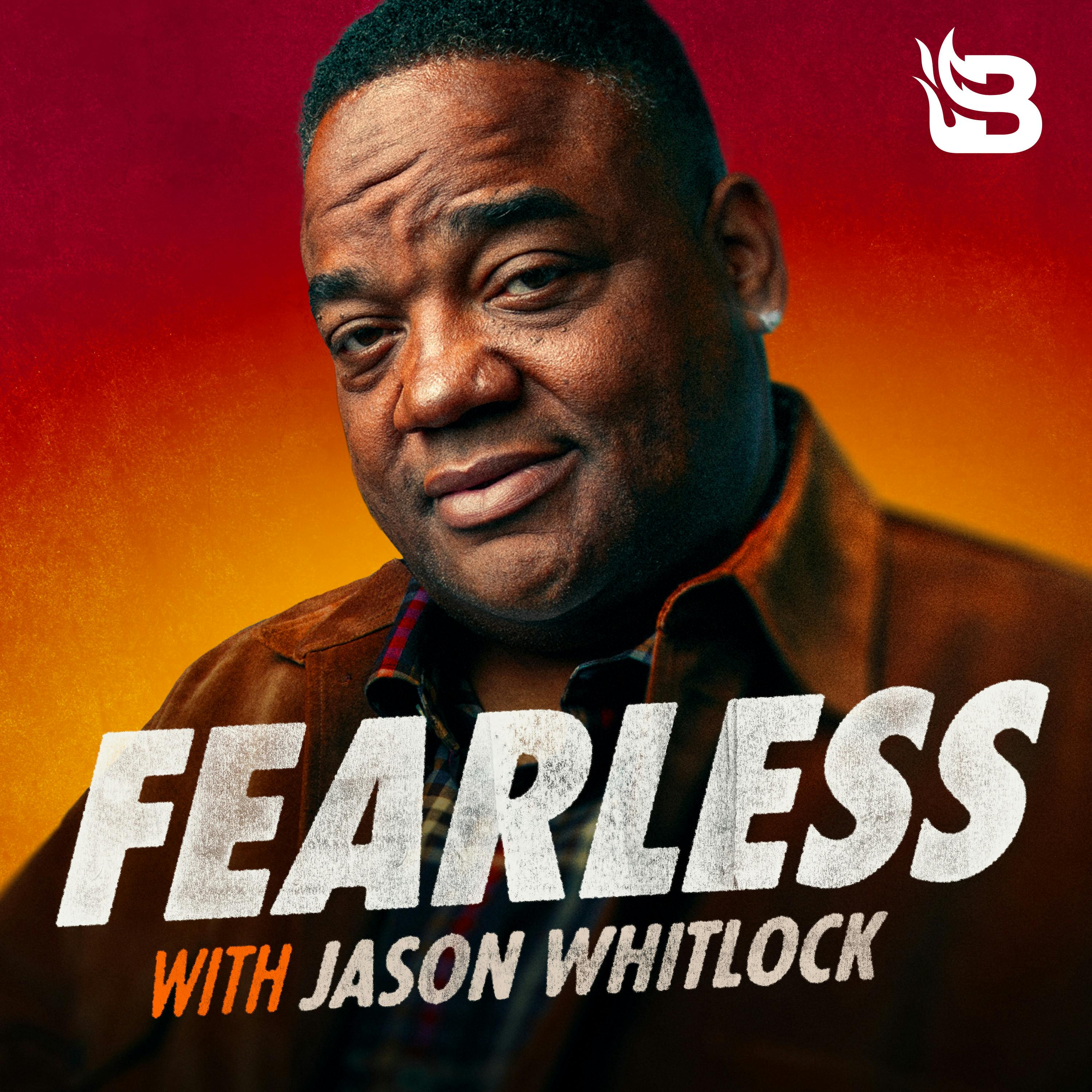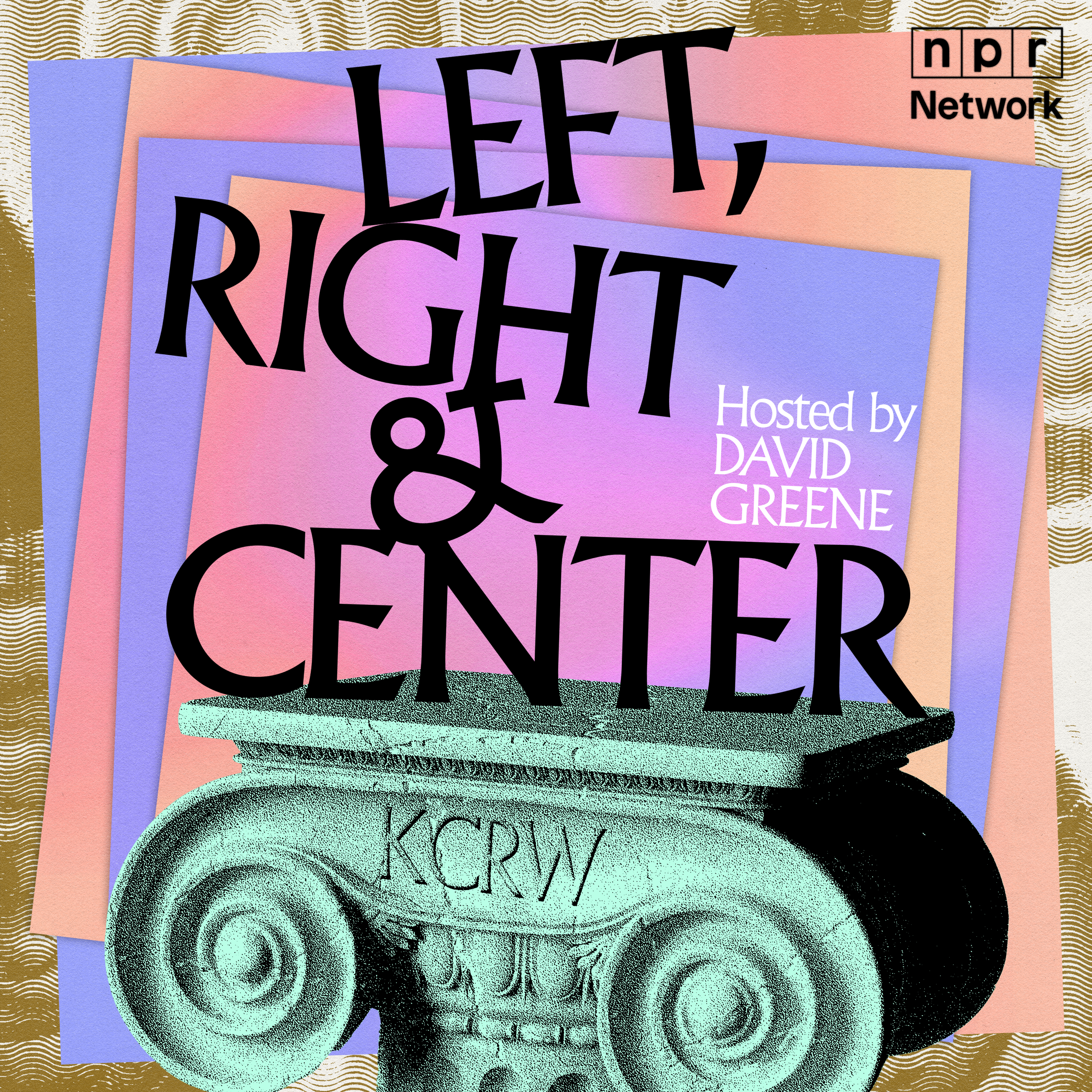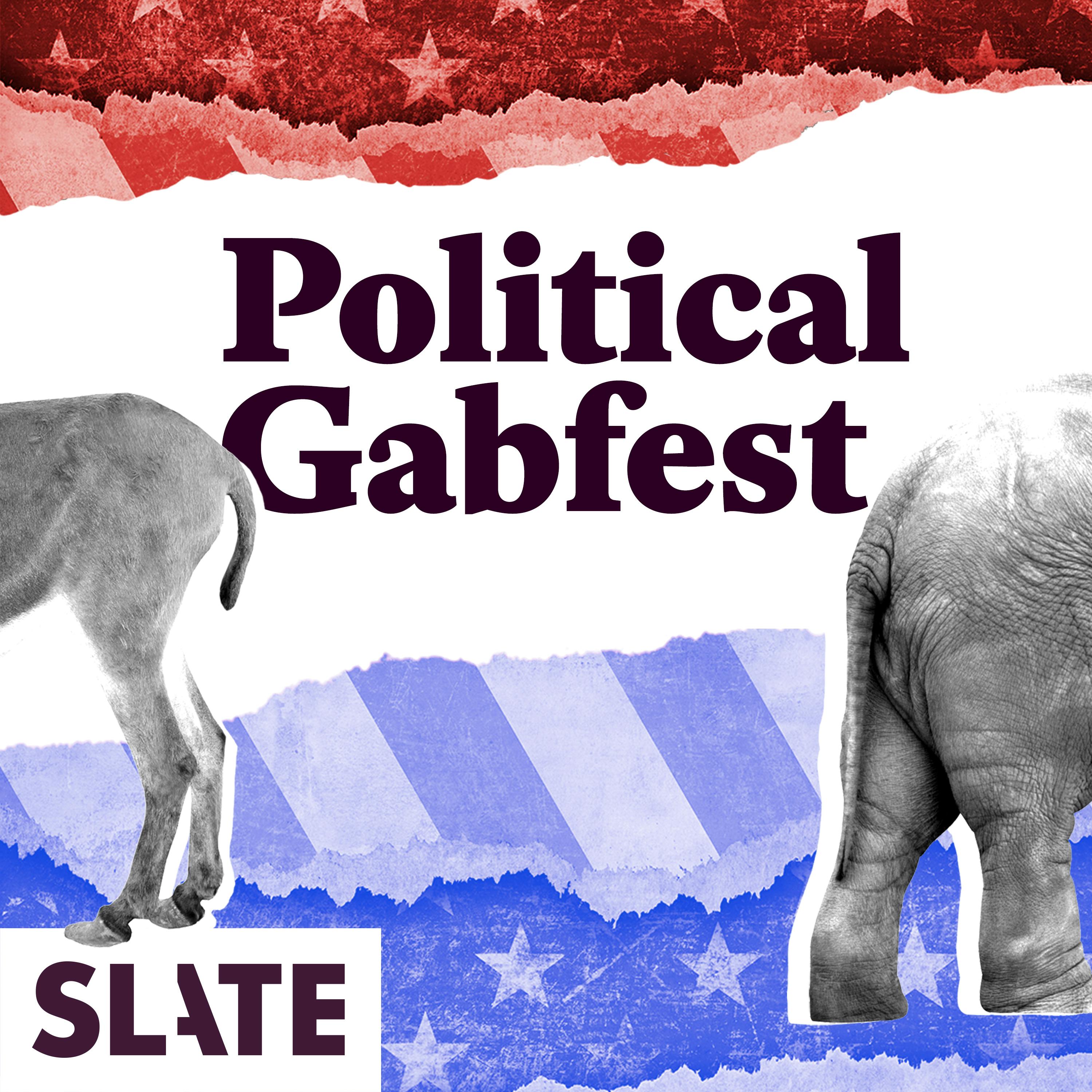
Think First with Jim Detjen
Think First is a short-form podcast that makes you pause — before you scroll, share, or believe the headline.
Hosted by Jim Detjen, a guy who’s been gaslit enough to start a podcast about it, Think First dives into modern narratives, media manipulation, and cultural BS — all through the lens of gaslighting and poetic truth.
Some episodes are two minutes. Some are ten. It depends on the story — and the energy drink situation.
No rants. No lectures. Just sharp questions, quick insights, and the occasional laugh to keep things sane.
Whether you’re dodging spin in the news, politics, or that “trust me, bro” post in your feed… take a breath. Think first.
Visit Gaslight360.com/clarity to sharpen your BS filter and explore the 6-step clarity framework.
Think First with Jim Detjen
Congress Confidential · Where Insider Trading Goes to Retire
How do so many members of Congress enter office with modest means… and leave as millionaires with stock picks that rival hedge funds? In this episode, we follow the money, expose the loopholes, and unpack the real story behind the STOCK Act, the quietly repealed rules, and why the gaslighting around reform might be worse than the corruption itself.
We also explore why term limits, book deals, and blind trusts aren’t the fix-all solutions they claim to be — and why the rest of us are left holding the narrative bag.
Featuring a shoutout to the only man who can deadlift and decode legislation at the same time.
Stay sharp. Stay skeptical. #SpotTheGaslight
Read and reflect at Gaslight360.com/clarity
Shout out to Jonathan Zinn, who pinged me on this topic, the only guy I know who can crush deadlifts while breaking down congressional loopholes between reps. This is Think First, where we don't follow the script. We question it Because, in a world full of poetic truths and professional gaslighting, someone's got to say the quiet part out loud. Truths and professional gaslighting. Someone's got to say the quiet part out loud. Why do we keep hiring public servants who somehow retire as investment legends yet never show up on CNBC's Mad Money hot seat? Pause on that. If members of Congress can outperform Warren Buffett while stuck in endless committee hearings, what exactly do they know? And why don't we know it too? How does a freshman representative with a teacher's pension suddenly guess the perfect biotech ticker months before a pandemic panic, then swear it was just good timing? And if the watchdog law we passed to stop that kind of behavior quietly had its teeth filed down in the dead of night? Who's really holding the leash now?
Speaker 1:I'm Jim Detchen, host of Think First. My job, our job, isn't to shout answers, it's to interrogate the stage lights and see who's working the dimmer switch. Before we dive in, let me ask you something. Have you ever sat in a boardroom or a locker room or a war room where one nugget of inside intel felt too tempting to keep quiet. I have Army briefings, product launches, big brand war games.
Speaker 1:The urge to trade on a whisper is universal. The difference is most of us don't get to legislate the rules after we've bet the house. Let's rewind to a time when congressional stock picks didn't make headlines, mostly because nobody bothered to look For generations. Technically, insider trading was illegal, but somehow the folks writing the rules never quite saw themselves in the fine print. Never quite saw themselves in the fine print. In 2012,. Public outrage and a rare bipartisan alignment birthed the Stock Act. It flat-out said yes, congress, you too. Members had to file trades within 30 days. Their disclosures would live online in a searchable public database. It felt briefly like accountability with a capital. A Cue the plot twist In 2013, while most of us were binge-watching House of Cards Season 1, the Real House and Senate quietly slipped S716 onto the floor With a voice vote and almost no cameras rolling.
Speaker 1:They yanked the online database faster than a teenager scrubbing their browser history. The Stock Act survived in name but enforcement. Picture a German shepherd replaced by a particularly polite labradoodle. So let's think If transparency can be erased by the people it's supposed to police. Is it transparency or just a stage prop If Congress says we banned it and no one checks the fine print? Is that reform or just really good gaslighting? Or does it reveal a poetic truth about power's survival instincts? When pundits argue Congress should operate like any other American household, are they describing reality or selling bedtime stories? And if we banned stock trades tomorrow, would the money just slip through a side door labeled blind trust book deal or consulting fee for spouse? Now follow the money.
Speaker 1:Two-thirds of senators, millionaires. The median House net worth Over half a million dollars. That's more than five times what the average American family holds. Sure, some of them came in wealthy, but plenty didn't. Yet somehow, disclosure after disclosure shows portfolios blossoming like tulips in Amsterdam circa 1637. Maybe they're just really into ETFs, or maybe lunch with Fed chairs, defense lobbyists and CIA briefers offers just a bit more insight than your average Schwab newsletter. But here's the deeper wrinkle. It's not just about trades. Book advances, sidestep outside income caps, speaking gigs at military contractors filed under educational outreach, spousal consulting deals, family real estate, six-figure board seats lined up post-retirement it's the five-paragraph fine print most headlines never bother to read. Now zoom out.
Speaker 1:In Canada, members of parliament have to get ethics sign-off to own shares in government contractors. In the UK, you can't advocate for a company you have stock in unless you also enjoy tea with an ethics tribunal. In the European Union, lawmakers must declare assets at the beginning and end of every term and insider trading Still illegal, even for people in suits. And here in the US, first-time late filing $200 fine About the cost of one decent Capitol Hill steak dinner Before tip. Second offense Maybe you give back your profit, maybe not. Depends on how cranky your colleagues are feeling.
Speaker 1:That day we replaced accountability with an IOU from the Ethics Committee. So what's next? Reformers are pitching full-on stock trading bans, blind trust mandates, term limits, 12 years and you're out. Some argue that if we shorten the runway, lawmakers won't have time to build million-dollar hangers. Others say term limits could backfire trading deep institutional memory for fresh-faced opportunists eager to score a quick 18-month windfall before bouncing to K Street.
Speaker 1:You want trust. Build a system where gaming it takes more effort than serving it. Trust, build a system where gaming it takes more effort than serving it. Here's the thing. Congressional insider trading isn't a glitch, it's a feature. We've asked foxes to draft the henhouse security protocols, then find them a token egg if feathers start flying. Recognizing that gap, that's the first step. Demanding real enforcement or, better yet, structural bans, that's the second. But the real work, the durable work, starts at the edge of our own comfort. Question every headline that declares the problem solved. Ask why no one seems mad anymore, because that's the most reliable signal that someone somewhere got away with it.
Speaker 1:I'm Jim Detchen and remember the smartest people aren't the loudest, they're the ones asking the right questions. That's it for today. If you want more, the podcast archive new episodes and all the ideas I don't have time to cover here, head over to jimdetchencom. And if you're curious about the lens I use on Think First, it's built on the framework from gaslight360.com. That's where I break down the narratives, decode the gaslighting and map out the poetic truths shaping the culture. You don't need all the answers, but you should question the ones you're handed. If you're still listening, you're probably one of the curious ones.
Speaker 1:And that's exactly who my new podcast, uncharted, was made for. It's the podcast I can't put on the public feed. No sponsors, no filters, no viral bait, just deeper stories, tougher questions and conversations with people who've shaped the world quietly, from pro athletes to whistleblowers, award-winning chefs to tech rebels, music legends to dissident minds. These are the episodes where I say the things I've lived, learned or lost. Sleep over. Uncharted launches soon and it won't be everywhere. Head to jimdetchincom and sign up now to be the first to know when it drops. No noise, no clickbait, just the stuff that actually matters. If think first makes you pause, uncharted might just make you rethink everything.






















